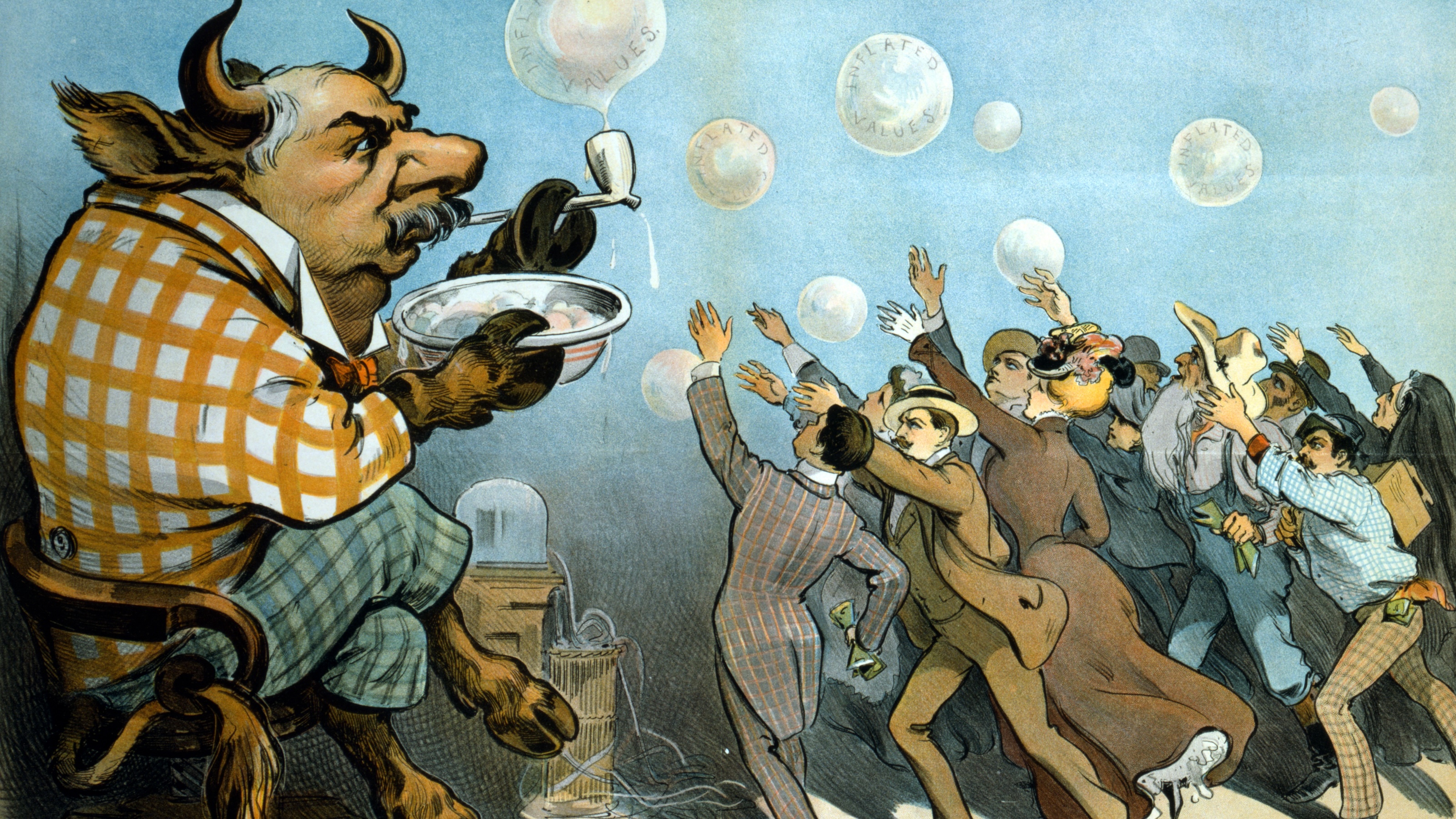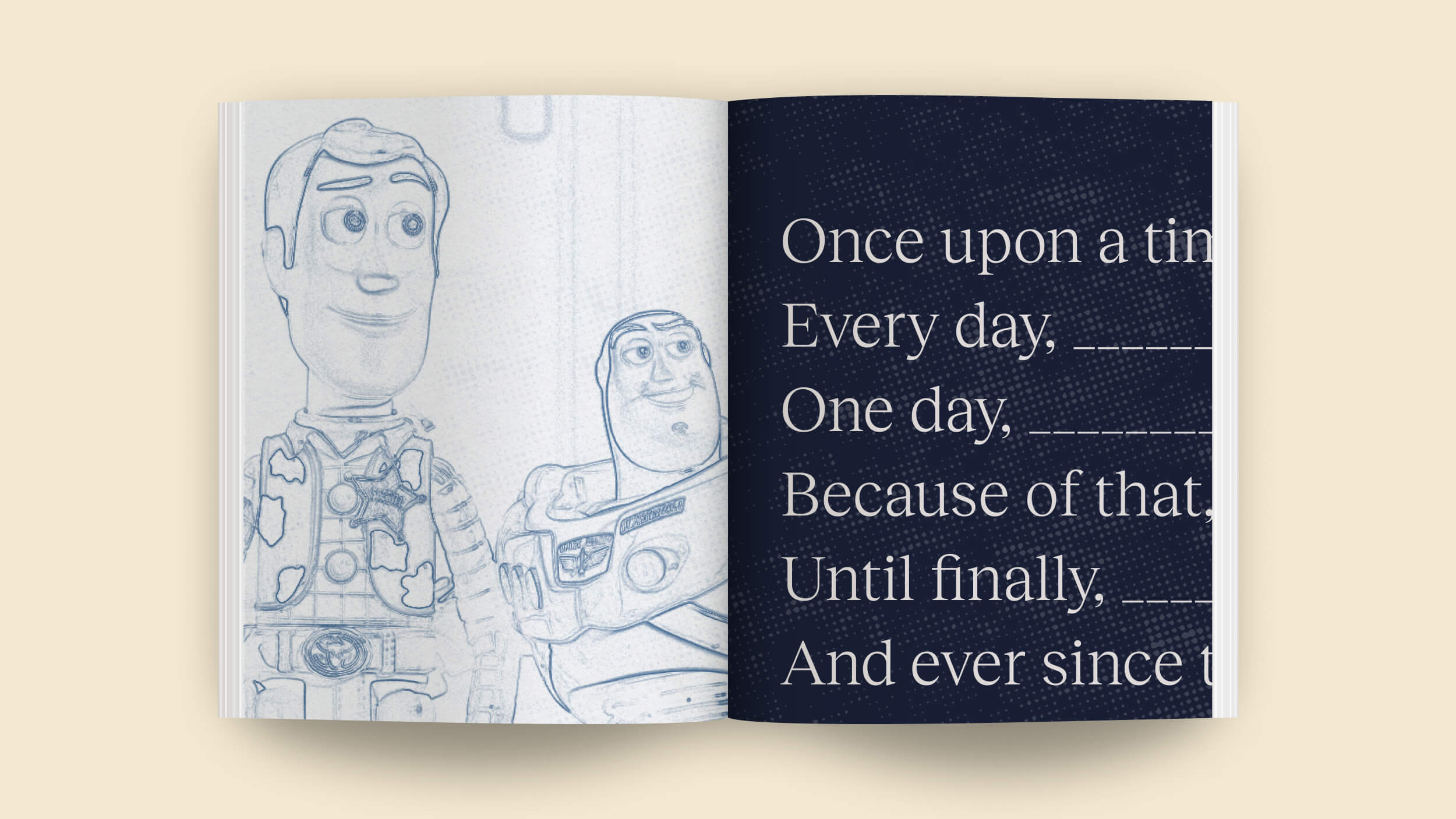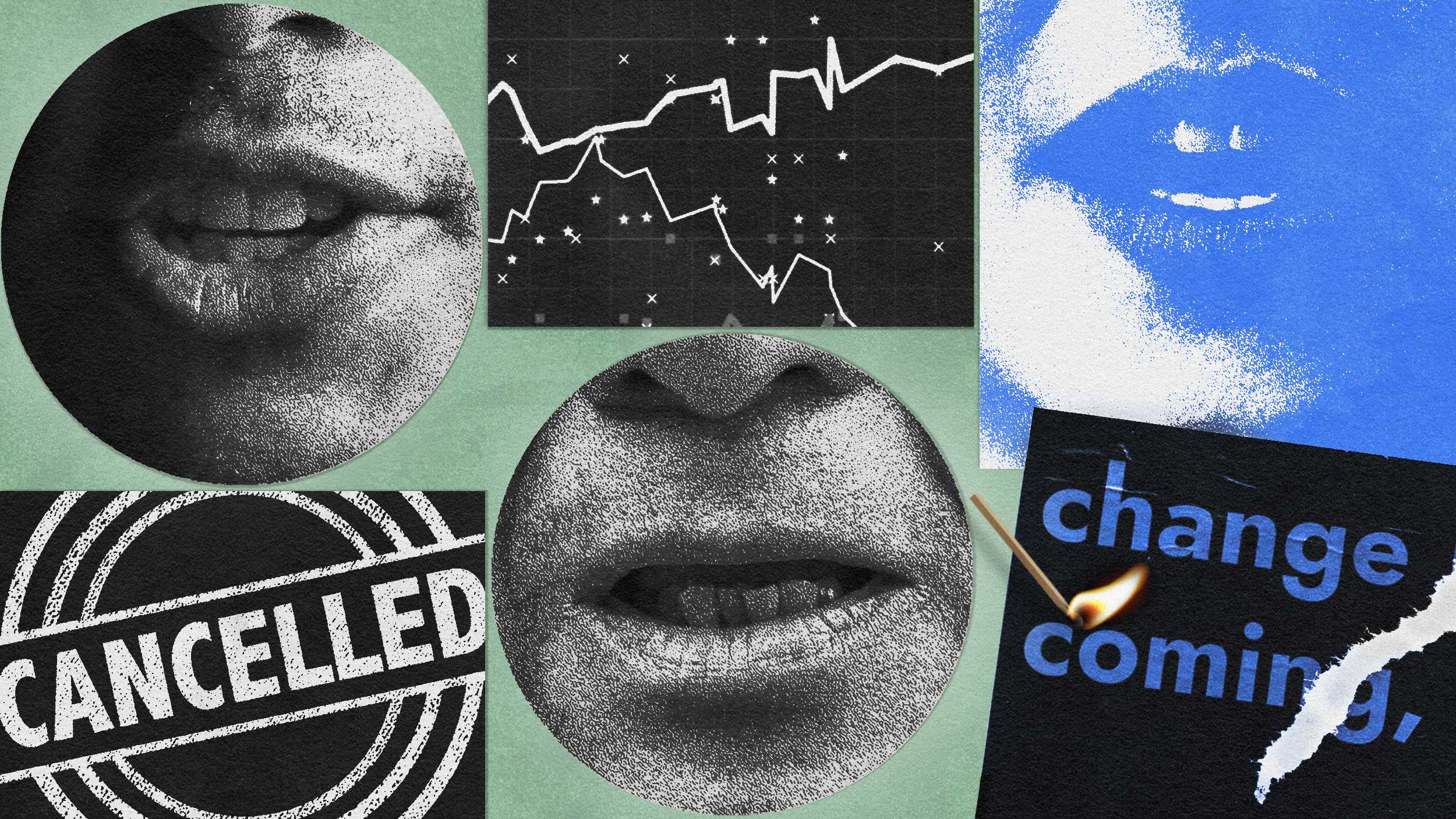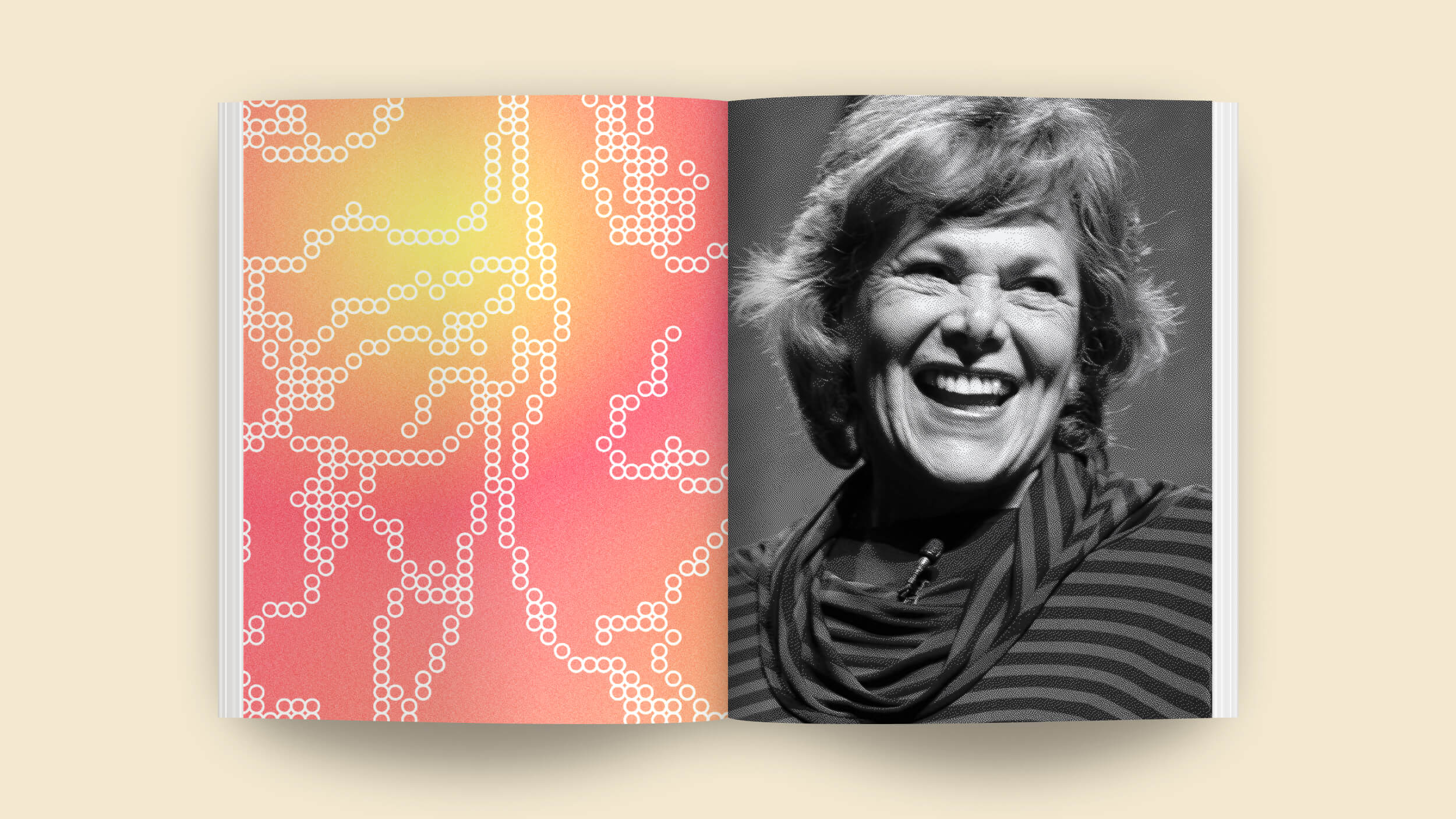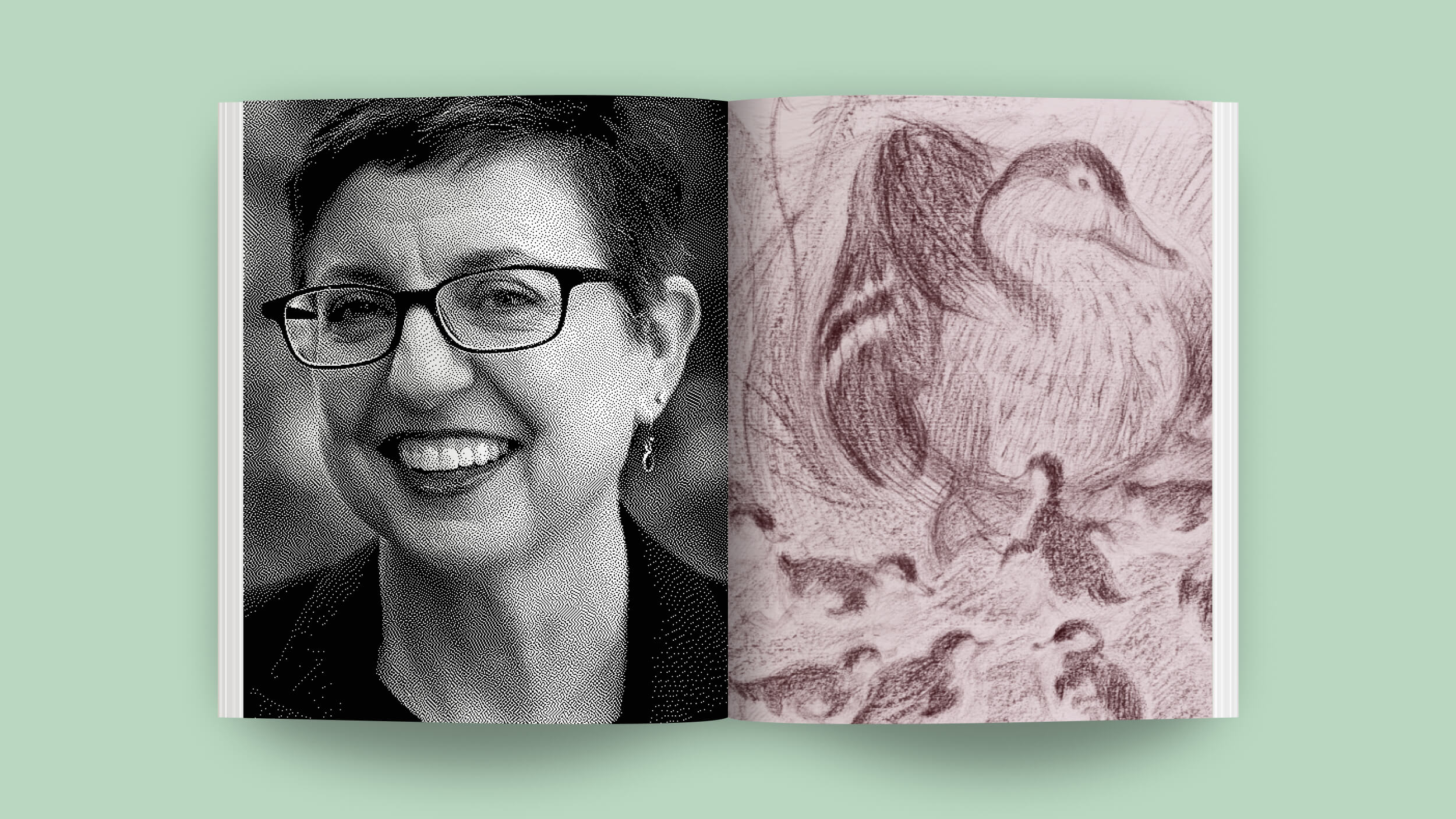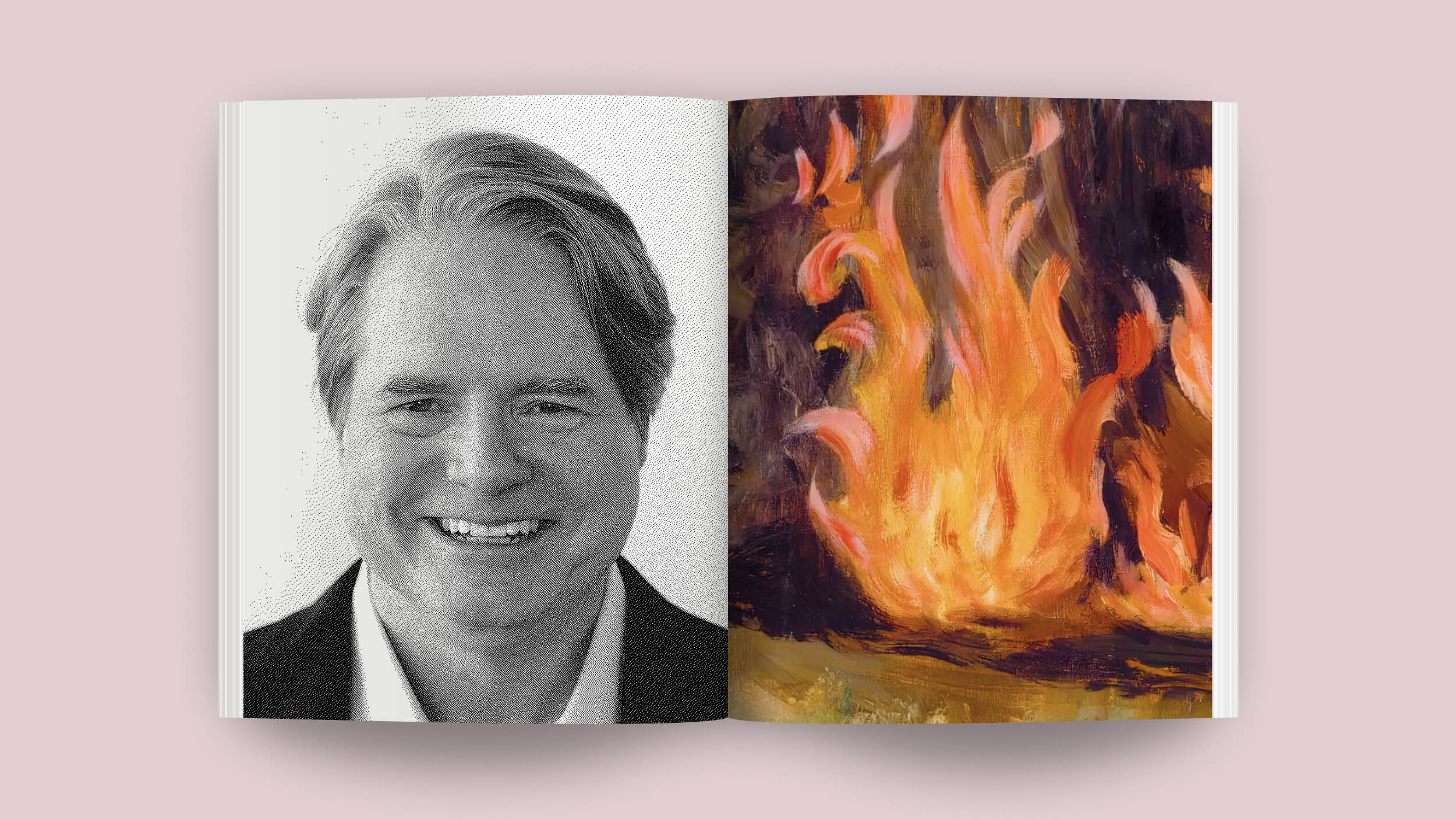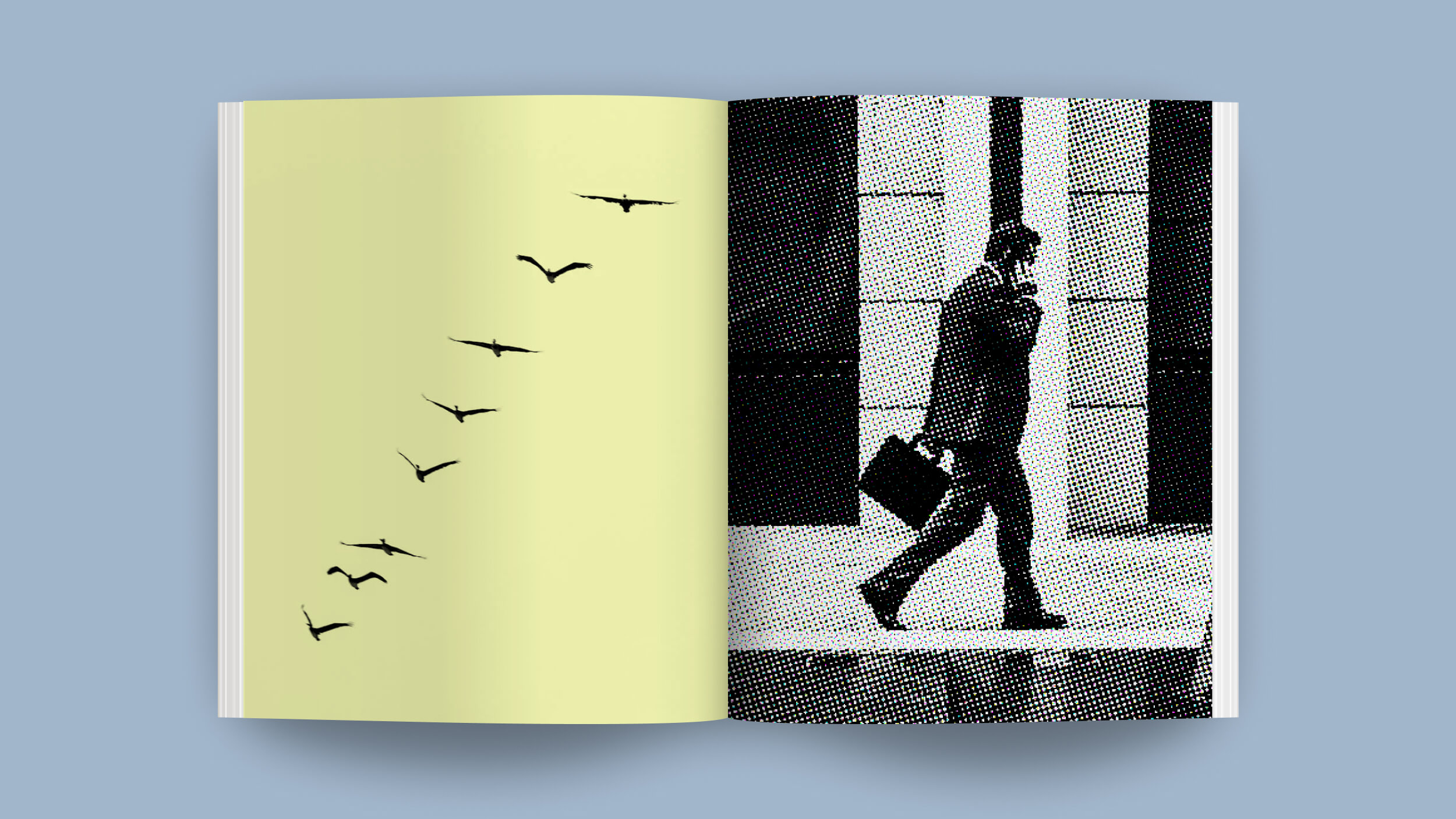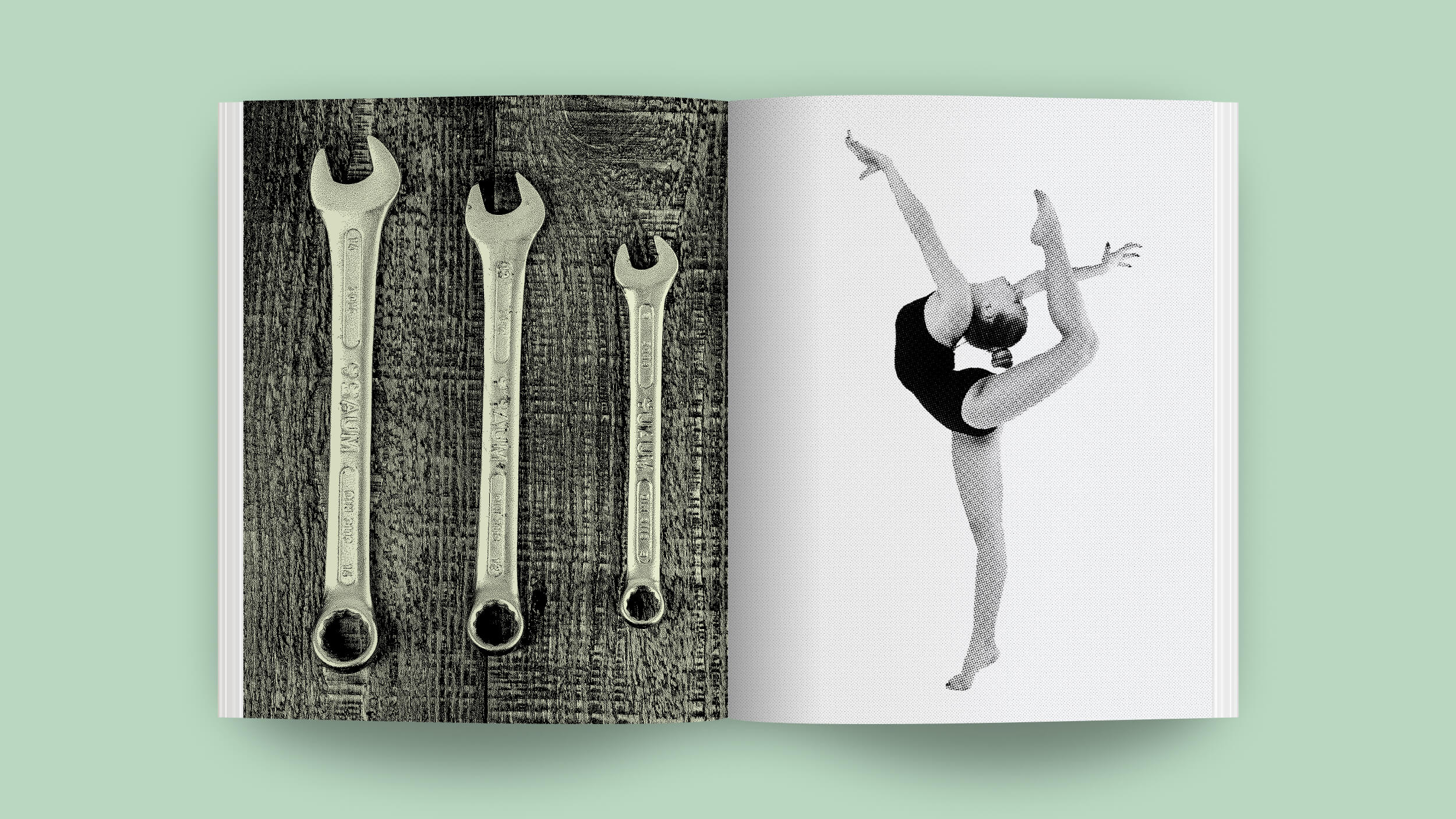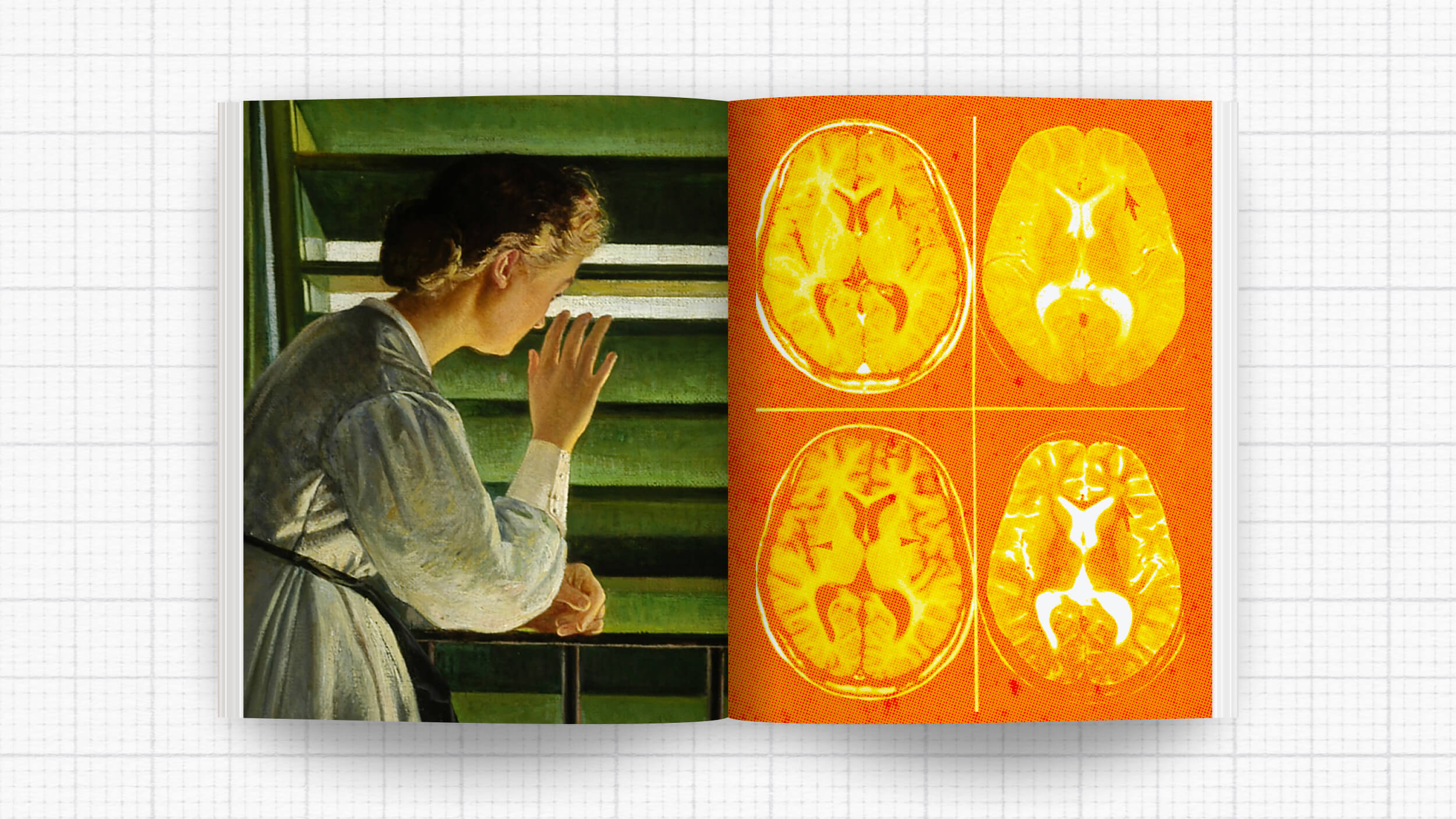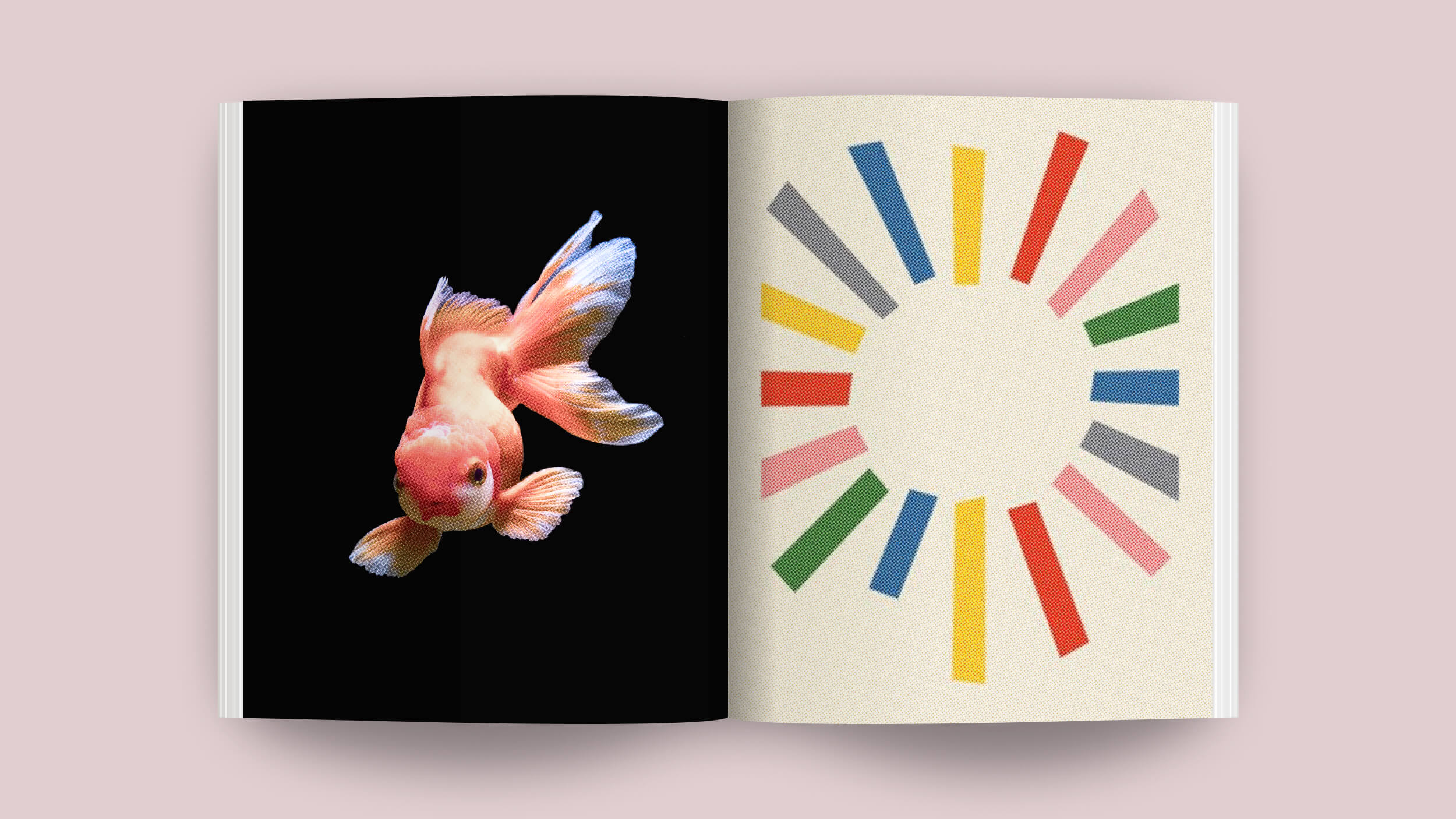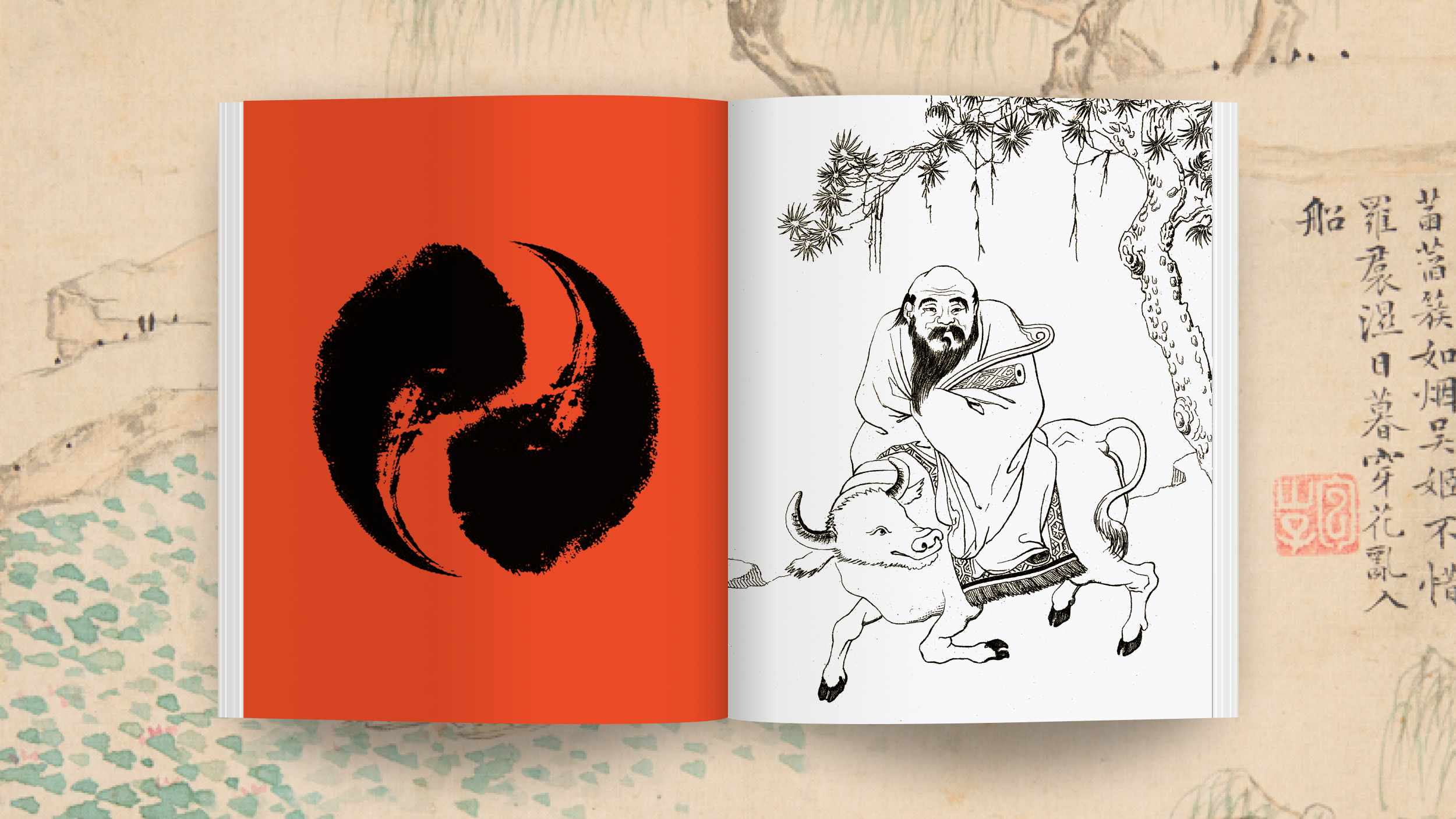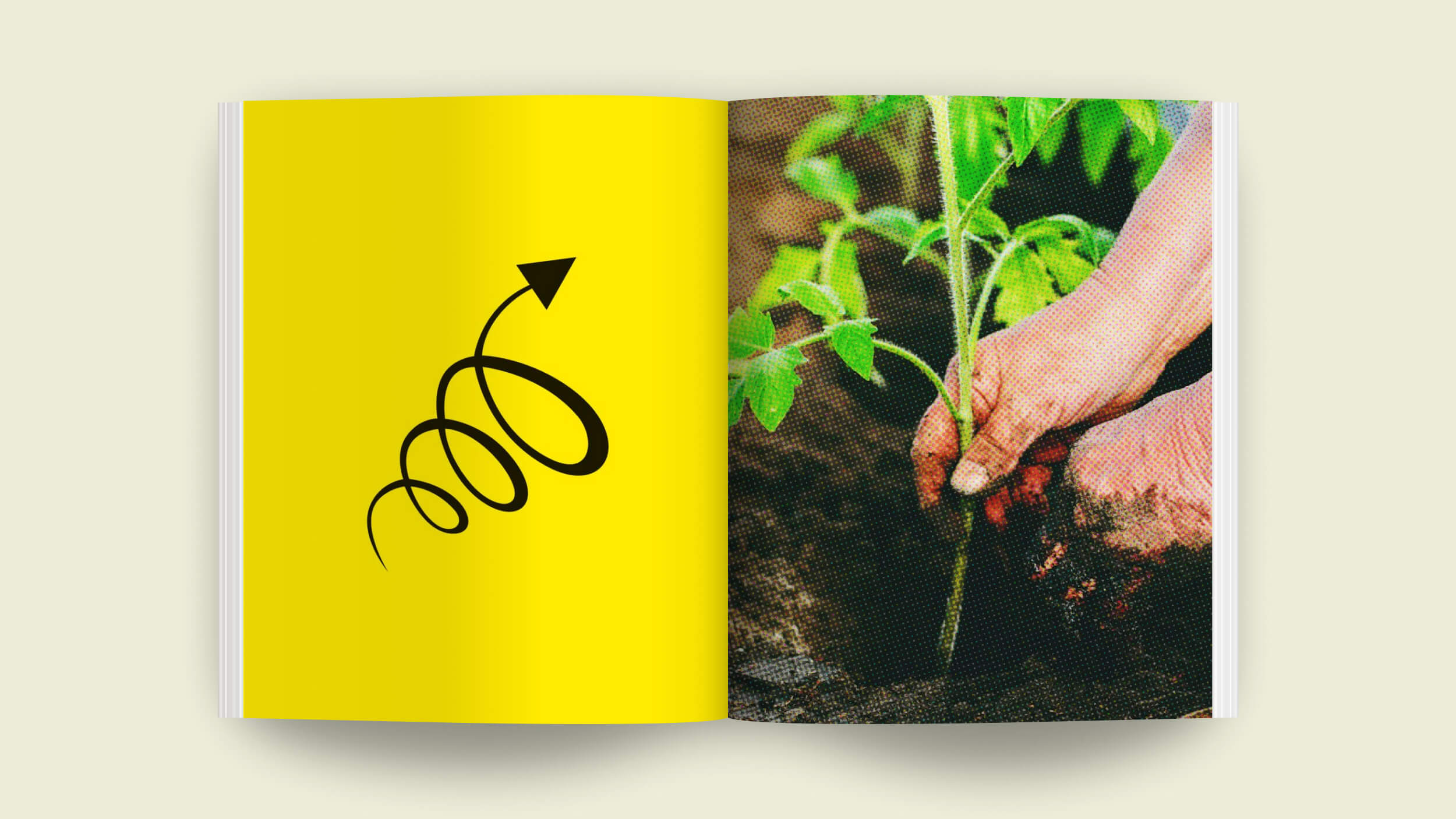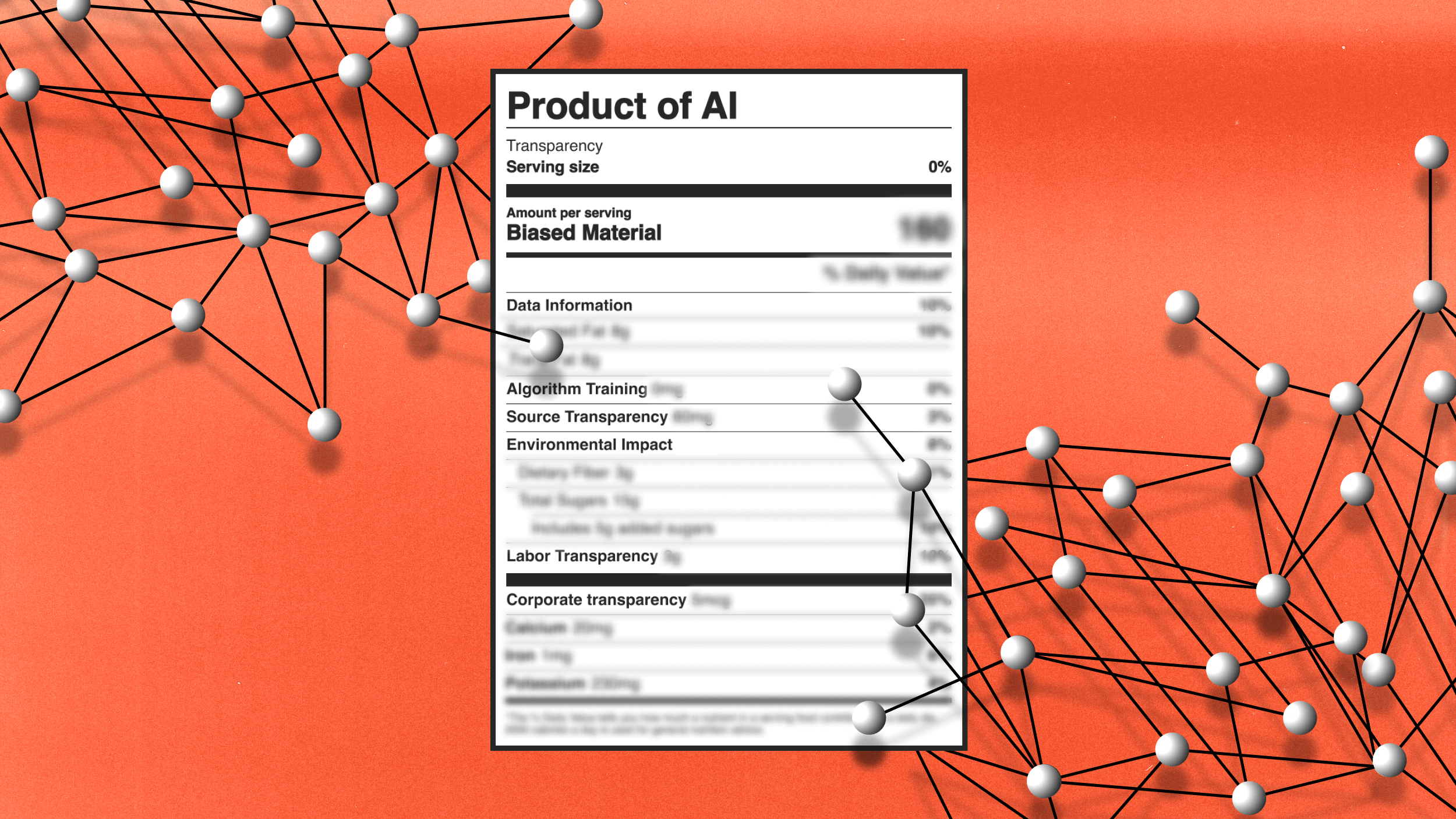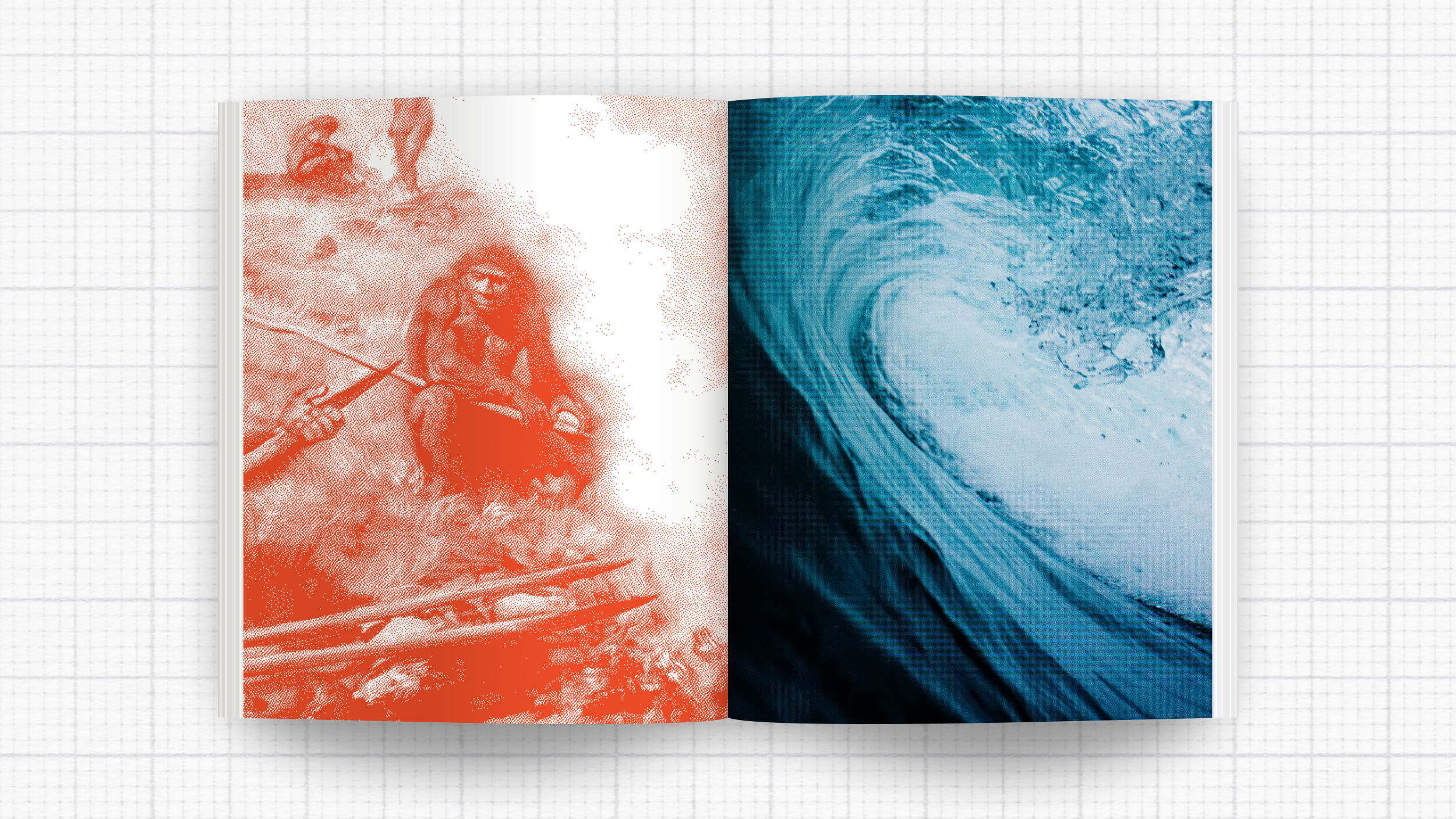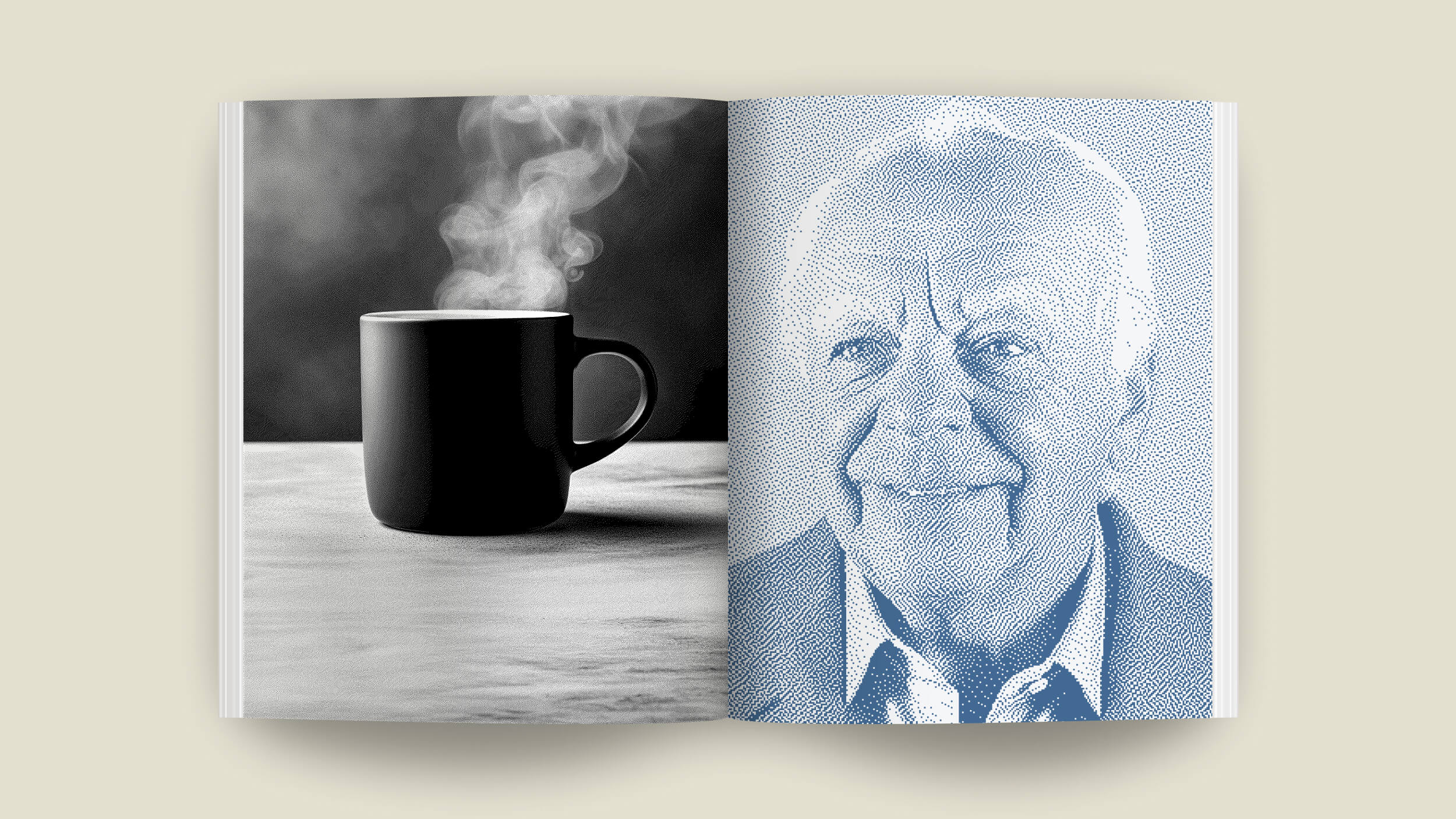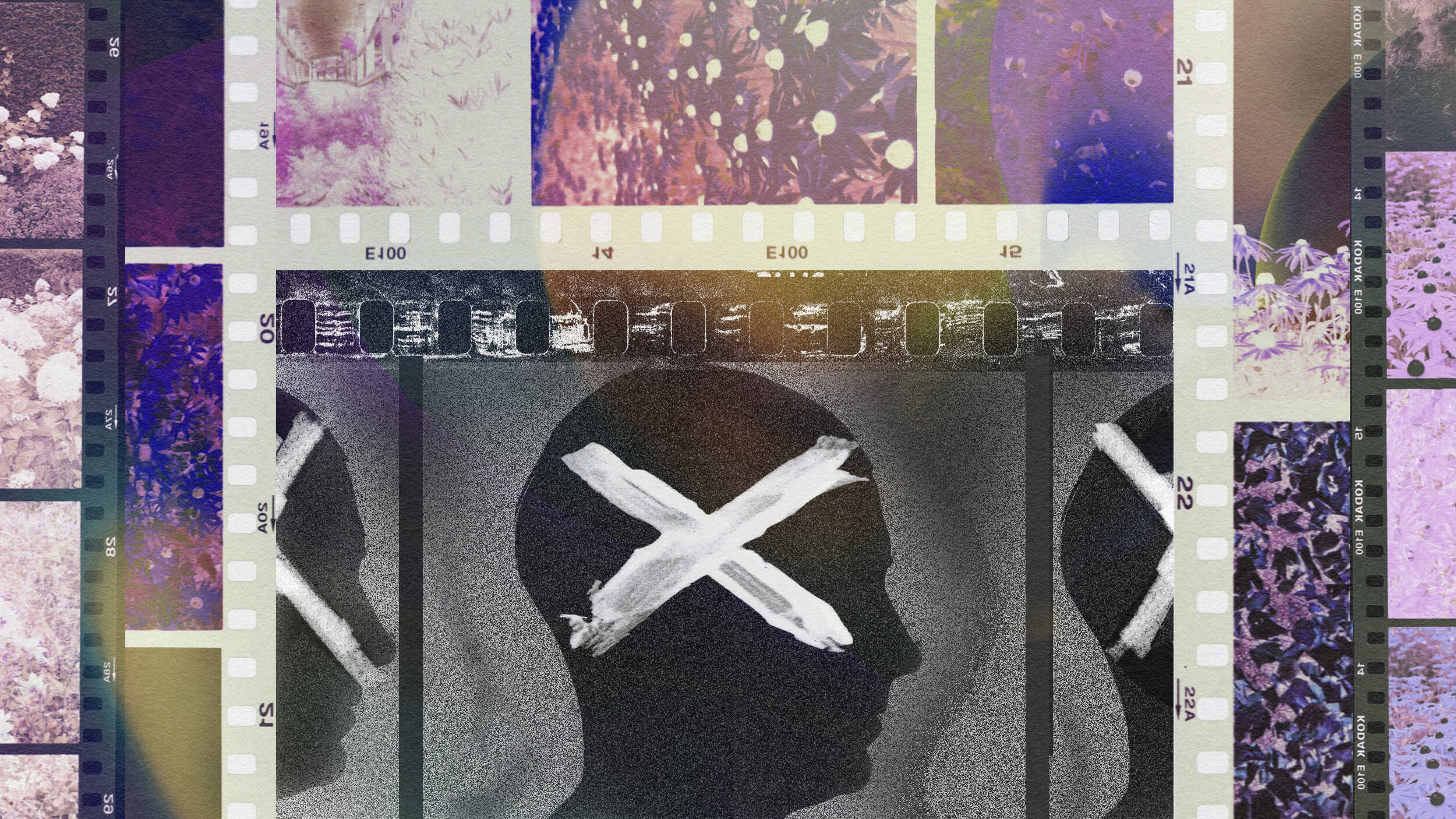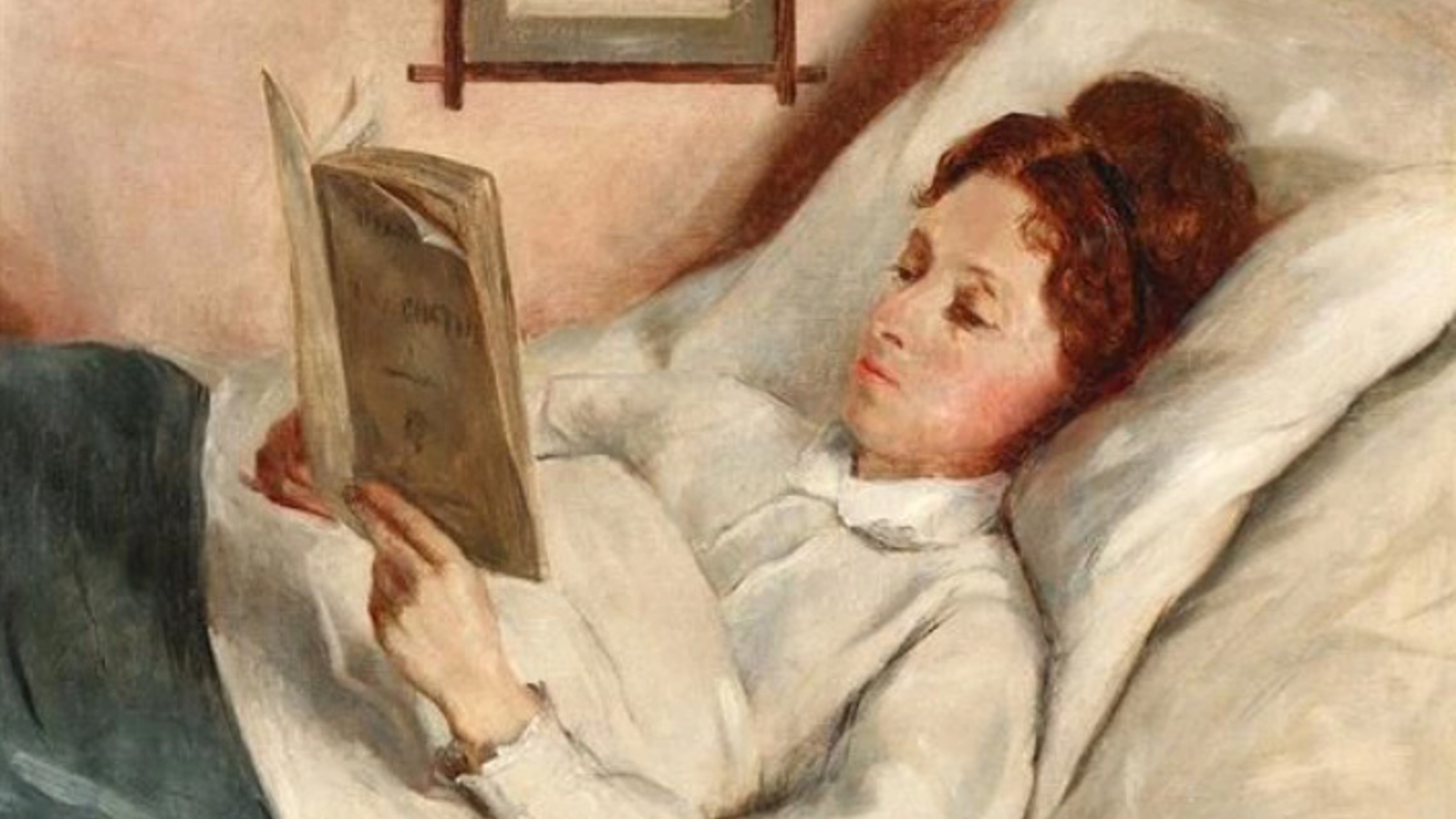books
From tulips to Bitcoin, bubbles have been given a bad rap as destroyers of dreams — but they’re essential for our brightest future. Here’s why.
By looking back at future dreams we can see our current hopes and visions in a whole new light.
For J.R.R. Tolkien, the single most important element of a fairy tale was the dramatic reversal of misfortune in the story’s ending.
Sure, “who you know” matters — but your best contacts will be the ones you don’t know very well.
Storytelling skills are not just for entertainment — practical exercises used by the cream of Hollywood can transform your work-life.
Many beloved fantasy adventures take place in worlds that bear a striking resemblance to our own.
In his latest book, Malcolm Gladwell explores a strange phenomenon of group dynamics.
Rather than allowing technology to exacerbate stress and disconnection, we can use it to actively support our wellbeing.
In some organizations “founder mode” can become synonymous with over-reliance. Here’s how to avoid the pitfalls of “apparent irreplaceability.”
From tribal hunts to Stonehenge and into the modern day, the peer instinct helps humans coordinate their efforts and learning.
If “founder mode” runs its course, CEOs should cultivate a new skillset rooted in the authenticity of self-awareness.
College degree? Not so much. Employers want teams with a diverse skill set who can adapt to changing industry demands.
Anne Chow, former CEO of AT&T Business, lays out a new approach to inclusive leadership that takes “thinking bigger” to the next level.
It’s a problem on both sides of the political divide.
Research suggests curiosity triggers parts of the brain associated with anticipation, making answers more rewarding once discovered.
The multifaceted nature of company culture is what makes it so challenging — this guide will help you make sense of the complexity.
Why “audio gaps” in video meetings wear us out — and why we need the meaningful relationships forged in communal workspaces.
“In that conversation with Laozi’s text, I began to see the shape of my own life, the questions that opened seams, the patterns that pooled and shimmered.”
The writer’s tragic death at age 46 has led many to view him as a tortured artist. Here’s why this label is reductive.
Mark Weinstein outlines a new path for social media that protects, respects, and empowers the regular users.
AI has become a black box in more ways than one.
Some biologists believe natural selection produces animals that are just good enough. Dawkins disagrees.
From hunter-gathers to desk jockeys, we work best when short, intense sessions are followed by lighter fare.
Why Bob Stiller — founder and former CEO of billion-dollar beverage company Green Mountain Coffee Roasters — believes shared learnings are a win-win.
How to find the right balance between controlling teams and allowing them the agency to make mistakes — and learn from them.
How Daniel Kahneman and Amos Tversky cracked open behavioral economics and enlightened all our choices.
“No matter how long you’ve been doing a job or how good people say you are, you need to care as if you’ve never done it before.”
There’s value to be found in the arguments that make you uncomfortable — especially in a culture that has trained us to avoid them.
With the right prompts, large language models can produce quality writing — and make us question the limits of human creativity.
Most leaders get the psychology of human motivation all wrong — here’s how a presidential encounter with a leaf-sweeper puts it right.
